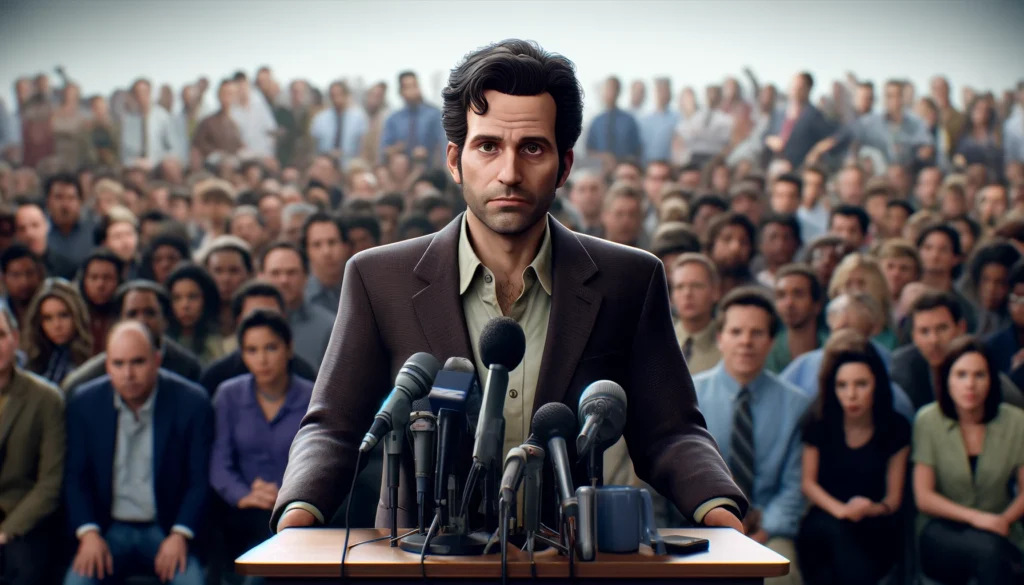In a striking rebuke against the prevailing cultural narrative, prominent actor John O’Hurley, best known for his role as J. Peterman on the iconic television sitcom “Seinfeld,” has joined the show’s star Jerry Seinfeld in slamming woke culture for its detrimental effect on comedy. During a recent interview with The New Yorker, Seinfeld lamented the dwindling quality and availability of comedy on television, attributing the decline to extreme left ideology and excessive political correctness. In impassioned words that resound with audiences who remember TV’s golden age of humor, O’Hurley echoes his former co-star’s sentiments and warns of the dire consequences for a nation that has lost its ability to embrace silliness.
Seinfeld drew attention to the increasing restrictions placed on comedic content by pointing out that years ago, people could simply turn on their televisions and find a wide range of funny shows. But in today’s world, dominated by hypersensitivity and a pervasive concern for offending others, creative comedic expression has been stifled. He argued that such a suffocating atmosphere has driven audiences to seek refuge in the comparatively unregulated world of stand-up comedy, where performers are held accountable solely by their viewers rather than layers of protective committees and executives.
In a Fox News interview, O’Hurley elaborated on Seinfeld’s critique by reflecting on the many irreverent jokes they used to make during their time on the show. While expressing nostalgia for a comedic landscape that accommodated more variety and the freedom to be lighthearted, he emphasized that the transformation of comedy from silliness to bitterness has had dire implications for American society. “That’s a sad thing when you think about it,” he remarked.
O’Hurley highlighted the significance of the fact that even Seinfeld – a comedian renowned for his clean humor – has deemed it necessary to distance himself from certain segments of the audience, such as college campuses, which he has dubbed “mean-spirited.” Reflecting on the historical experience of ethnic groups who once sought inclusion and representation within the world of comedy, O’Hurley lamented that modern sensibilities have begun to exclude them again – not at their own behest, but due to an intrusive, overbearing minority who know better.
In an era where comedy has devolved into mockery and sarcasm, the courageous assertions made by both Seinfeld and O’Hurley underscore a collective frustration and longing for a return to a more vibrant and diverse comedic landscape. As their insights gather momentum, it remains to be seen whether society will heed these warnings and begin to rectify the cultural crisis before it’s too late.
In conclusion, the stinging critiques made by two of television’s most beloved figures highlight the looming danger of stifling creative expression through excessive political correctness. The journey of comedy from a realm of silly humor to one riddled with bitterness, resentment, and offense showcases the impact of extreme left ideology on modern narrative and poses daunting consequences for the future of entertainment. As the struggle for free expression continues, the world will be watching to see whether the voices of reason and laughter can prevail over the sterile clutches of the new cultural orthodoxy.



